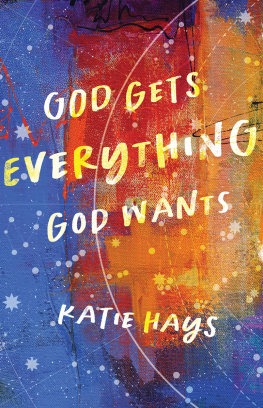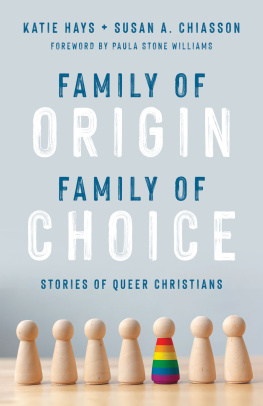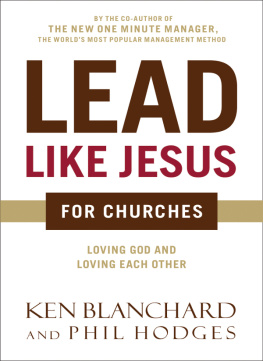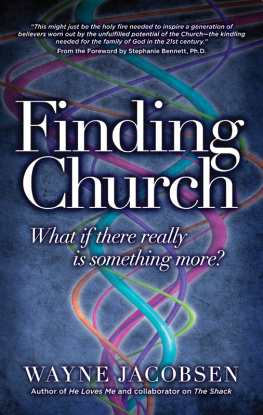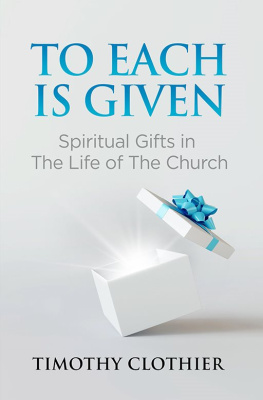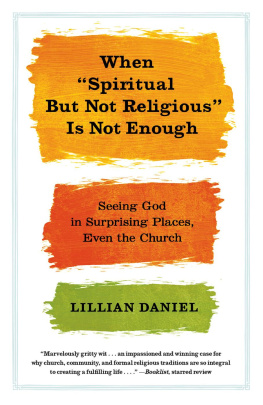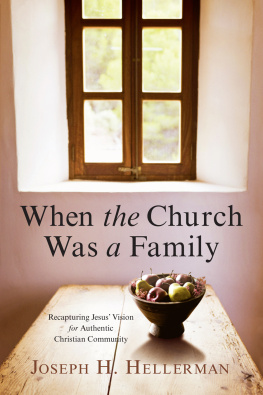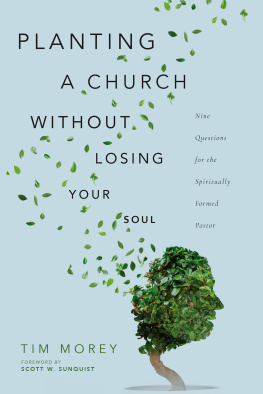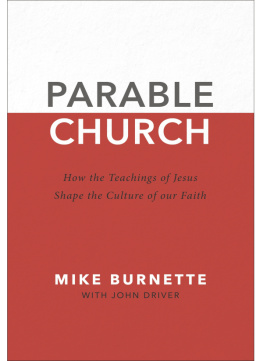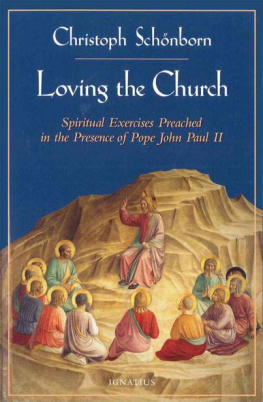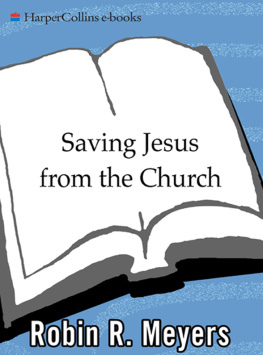We Were Spiritual Refugees
A Story to Help You Believe in Church
Katie Hays
WILLIAM B. EERDMANS PUBLISHING COMPANY
GRAND RAPIDS, MICHIGAN
Wm. B. Eerdmans Publishing Co.
4035 Park East Court SE, Grand Rapids, Michigan 49546
www.eerdmans.com
2020 Katie Hays
All rights reserved
Published 2020
262524232221201234567
ISBN 978-0-8028-7778-9
eISBN 978-1-4674-5840-5
Library of Congress Cataloging-in-Publication Data
Names: Hays, Katie, 1969 author.
Title: We were spiritual refugees : a story to help you believe in church / Katie Hays.
Description: Grand Rapids, Michigan : William B. Eerdmans Publishing Company, 2020. | Includes bibliographical references. | Summary: A memoir of Galileo Churchs first five years, this is an account from its pastor, sharing what she learned about belonging from those who left the traditional church but wanted a Jesus communityProvided by publisher.
Identifiers: LCCN 2019035982 | ISBN 9780802877789 (paperback)
Subjects: LCSH: Galileo Church (Fort Worth, Tex.)History. | Hays, Katie, 1969 | Fort Worth (Tex.)Church history.
Classification: LCC BX7331.F58 H39 2020 | DDC 280dc23
LC record available at https://lccn.loc.gov/2019035982
The excursus Preaching from the LGBTQ Margins was previously published online in Circuit Rider by Abingdon Press, November 2018. Used by permission.
The excursus What Happened When Our Church Went Venmo was previously published in a slightly different form in The Christian Century, December 5, 2018, and is used by permission.
CONTENTS
In 2004, I visited the Ring of Brodgar on the largest island in Orkney, Scotland. It is the oldest site of human habitation that we have a record of, dating back twenty thousand years. While the purpose of the stone circles (similar to Stonehenge) remains elusive, it is apparent that they were central for rites of passage connected to astronomical observation. Whatever their specific use, being there gave me a distinct impression of their lasting importance. Twenty-seven of the original sixty thirty-foot-high (and higher) stones are still visible.
I visited with a group of friends who wanted to mark our own stages of growth into adulthood. I was on this pilgrimage as a means of honoring my father, who had died a few years earlier. And I was seeking a deep connection to what it means to be living as a fatherless father myself. Others were marking their own paths of transition. We were looking for something ancient, lasting, and monumental to help us find meaning in our daily lives and a path to walk into our future.
Standing in the shadow of the large stone circle, I was taken with the fact that for centuries human beings have been forming, often at significant cost, expense, and effort, places of meaning and pathfinding.
Be it the Ring of Brodgar, a town center, a cathedral, or a fireplace in our homes, we humans make places of meaning that help us find meaning.
I have spent my adult life trying to make communitiesand one community in particular, Solomons Porch in Minneapoliswhere people can find a path of human growth and spiritual life in the way of Jesus. In 1983 I was invited by friends to take on Jesus as my spiritual teacher and my Lord. For more than three decades, I have sought to understand Jesus as the Son of God as a way to see all people as the children of God. I have endeavored to join the call of all children of God to live up to Love as a way of life. One thing I know for sure: this life Ive chosen, or that has chosen me, requires community. We find meaning, explore what it means to be human, with people who are trying the same. We build the Ring of Brodgar. We build churches.
Thats what makes me so excited to know Katie Hays and to follow with such admiration the development of Galileo Church. What Katie will describe in the pages that follow is one story of one community of meaning. It has all the quirky particularities of one community. It is apparent that the wonderful parts of the Galileo community were made possible by the specific people who were involved in its formation. Galileo Church is not offered here as a repeatable prototype, and that is a good thing. But it remains true: what you will find in the story of these particular spiritual refugees is the universal, ancient, modern, and postmodern pursuit of a people seeking a community of belonging and path making.
What I have discovered in looking at the many ways humans have organized communities of meaning and path making is that everyone is making it up as we go. We use the tools that are available to us. Just as the ancient Scots used the stars and stones to make meaning, so we are using the internet, coffee shops, homes, bowling alleys, bars, and even a corrugated sheet metal barn to make communities today.
Not all of these experiments work in the long-term. Not all of them are particularly good ideas. But that is the very point of experimentationto try without guarantee. It is in the risking, the trying, that we find our way. They all count, every try, every time.
I have been intrigued with the development of communities of Christian faith over the last two hundred years in the United States. I find it helpful to recognize four periods of cultural development over the last two centuries: the Agrarian Age, the Industrial Age, the Information Age, and our current period, what I call the Inventive Age. While these ages are all built on one another, and are extensions of the previous age, they each also have their own way of thinking, value systems, appreciation of aesthetics, and useful tools. The communities that form in each age are not only products of the age, but help create the cultural norms of that age.
I have been thinking about the impacts of these changes in the communities we form now for the manifestation of our collective faith. As I was writing my Inventive Age book series (which dives deep into the implication of community, preaching, church, and evangelism in light of the Inventive Age), I engaged with people starting communities of faith around the world. It was during this time that I first met and was instantly inspired by Katie Hays and the risky project she was endeavoring. That project ultimately became the beautiful Galileo Church community.
A few weeks ago, I had the privilege to attend a gathering of Galileo Church. I was struck by how well its existence tells the story I had been seeing develop in the United States and around the world.
Galileo is not yesterdays church. Located on the edge of a sprawling urban center near a major interstate, Galileos Big Red Barn does not resemble the Gothic cathedrals of Europe or the tightly manicured church structures of suburban Christianity. Galileos people are as unconventional as its building. They are real. They proudly call themselves quirky, and the label fits. Pretense is left behind here. When you walk through the doors of the Big Red Barn, you have the sense that you are entering a unique worship space, a place where people live, love, laugh, cry, curse, rejoice, and mourn as community.
Those who doubt the future of church have not seen or heard of Galileo Church. This community of spiritual refugees offers hope and healing to those near and far.
Galileo is not a perfect church (which is the entire point of it), nor is it a church that works for everyone (which is also the point of it). I see it as one clarifying lens through which to see what a church of this Inventive Age can look like. I believe it will inspire generations to come to build communities of meaning, communities of belonging, communities of path making, in Jesuss name, for their own times.


